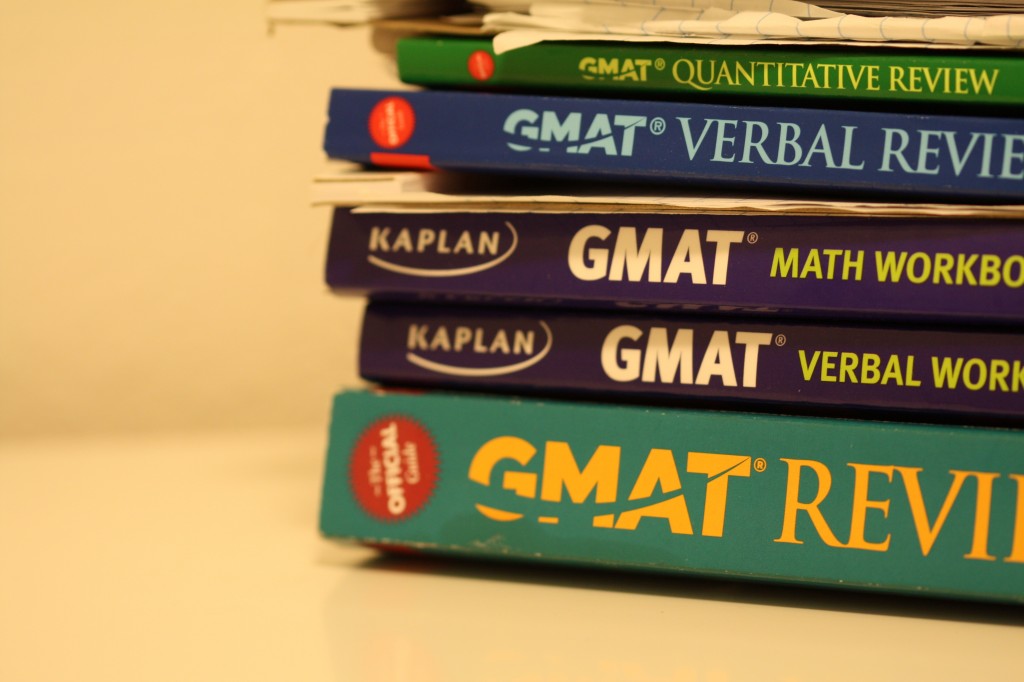Lessons learned from the application process.
Last time we chatted – back in January – you learned about my Awesome Bucket 2014 and the big plans I lined up to take down this year.
As excited as I was (and am) about those goals, there was something glaringly absent from that list: my one thing. It’s the most important goal of the year and takes priority over pretty much everything else on the plate.
Last year my one thing was to become an Ironman, and I sacrificed sleeping in, Filibertos, nearly all my free time outside of work and many a happy hour to make that dream a reality. (Read all about that glorious day in my IMAZ race report.)
When you get to the top of a mountain you have two options: head back down satisfied and keep reliving the moment; or quickly celebrate, learn from the experience and start looking for the next peak.
I committed to the latter, and in this case I set my sights on the next goal before I had even accomplished the one at hand.
Ten months ago, about halfway through my Ironman training, I decided my next big pursuit would be an MBA from the W.P. Carey School of Business at Arizona State University.
Getting accepted to the program and starting classes in the fall would be my one thing for 2014.
I chose not to post publicly about this goal and my application during the process because it was very much up in the air and always changing course. Plus I didn’t want to jinx myself or add any unnecessary pressure.
Why am I pursuing an MBA?
Short answer: I want to be a better leader, smarter businessman and a more dynamic professional. Also, the timing is right, and with the evening program at ASU, I’d be able to keep my day job.
Long answer: Read my application essay below that answers that same question. Surprise, surprise – it’s chock full of triathlon analogies.
“Adam Fuller…you are an Ironman!”
The words boomed from the loudspeakers at Ironman Arizona on Nov. 17, 2013; I had just completed my first Ironman triathlon. One year ago I committed to not only cross that finish line, but to finish strong, healthy, proud and invigorated.
As the medal swayed from my neck, I swelled with pride at my strong finish and injury-free performance. Then I felt a surge of excitement as I envisioned the next finish line on the horizon: my MBA at the W.P. Carey School of Business. Triathlon and business school may appear unrelated at the surface, but the same values and motivation that made me an Ironman can be applied to my MBA goals.
Just as triathlon requires athletes to develop strength in multiple sports, business school will teach new and dynamic skills that – combined with my communications, marketing, and linguistic expertise – will benefit me in a variety of industries, teams and career paths.
And even though triathlon is not considered a team sport, I worked with other athletes and supporters for direction and inspiration. This equates to relationship management, and I’m eager to strengthen my collaborative and leadership skills at work, in the classroom and in the community.
Finally, the strategic work ethic and organized lifestyle engrained from my triathlon training and professional experience will provide a solid foundation for the career advancement and personal improvement obtained by pursuing my MBA. I cannot wait to embark upon this next challenge.
Application process

I read about the program, and consulted with friends, family and colleagues before finally committing to apply by the early decision deadline in late November 2013. This meant I had to cram yet another task onto my plate, which was already filled at the time with a full-time job, Ironman training and Awesome Bucket v2013 goals.
The application process required letters of recommendation, three essays and an acceptable score on the Graduate Management Admission Test (GMAT ).
It was a grind, but I managed to crank them all out and submit my application before the deadline.
Unfortunately, my packed schedule didn’t offer much time to study for the GMAT, and my score reflected how unprepared and unfocused I was when I took the test in October. I was hoping to wing it and get by, but in my case there’s no substitute for deliberate, dedicated work.
Fortunately I was still able to submit my application with the understanding that I’d be retaking the test at a later date to obtain a score that offered a more accurate reflection of my ability.
GMAT training program

Almost immediately after I crossed the Ironman Arizona finish line, my efforts shifted toward studying for the GMAT and improving my score.
First, I studied how to study. Websites like Beat the Gmat, The Khan Academy and GMAT Hacks provided great advice (both for studying and for the test itself).
Second, I loaded up on workbooks that would provide a good mix of practice problems and digestible explanations of principles, theories and strategies. Everybody studies and learns differently, and these are the resources that worked for me: Official Guide, Official Guide Quantitative review 2nd Edition, Official Guide Verbal review, Kaplan GMAT Math workbook (Eighth edition), Kaplan GMAT Verbal workbook (Seventh edition).
Next, I mapped out my training route: two hours of uninterrupted GMAT studying per day, six days a week, for three months, along with a complete 4.5-hour practice test every other weekend.
Thanks to my Ironman training schedule, I was already accustomed to waking up early. So I took the two hours I had previously spent swimming, running or cycling before work, and devoted them to studying instead.
I found ways to stay motivated – since working out was a lot more fun than studying – and kept a journal of my progress, jotting down my strengths, weaknesses, performance and key notes after each study session.
In addition to writing, I took a few minutes every day to go through a quick meditation and breathing exercise to get my mind focused.
Eliminating distractions and maintaining a sharp focus on the task at hand were two of the biggest challenges in my study routine, and these two exercises – analytical writing and concentrated breathing – made a huge difference.
Hard work pays off

After three months of studying and practicing, I felt calm, confident and ready to go on test day. My efforts showed in my score with significant improvements in every category (Analytical Writing Assessment, Integrated Reasoning, Quantitative and Verbal) and nearly a 100-point increase in my total score.
Most importantly, the score – combined with the other components of my application – was deemed acceptable by the admissions committee. My biggest goal of the year is already crossed off the list, and I can’t wait to start classes this fall.
Considering what an adventure the application process turned out to be, I can only imagine the madness awaiting me over the course of the two-year program. Plus, aside from a two-month teaching certification, this will be my first time as a student in the classroom in about ten years.
I’m sure it’ll be an adjustment. But considering the skills I’ve already learned from this road to the MBA, I feel ready to hit the ground running. Here are the top lessons learned that will help me dominate the MBA.
Lessons learned on the road to the MBA
- Resolve. When I performed poorly on my first attempt at the GMAT, I got pretty down. This wasn’t going to be as easy as I thought it might be. But as my high school coach used to say, “If it was easy, everybody would be doing it.” I sulked for about a day, reminded myself that these tough times are when you show what you’re made of, and then got back to work.
- Eliminate distractions. When I’m studying I can’t have Facebook open in another tab, the phone must be placed in another room on silent mode, and the only papers and books at the table need to be related to the task at hand. Clutter is the enemy and must be destroyed. I practice this strategy at work too and it lets me lose myself in the moment and stay focused and efficient.
- Breathe. A quick breathing and visualization exercise a couple times a day – in the morning, before study sessions, or whenever I start to feel rushed or overwhelmed – is a great way I’ve found to keep the head clear. I’ve only begun to explore this topic, but I can see something like a daily breathing routine showing up on my Awesome Bucket list for 2015.
- Relationships. I received guidance and support from many people throughout this process and I owe much of my success to them. When you get consumed by your goals, sometimes you have to put time with friends, family, colleagues and all the people in your life on the back burner in order to get to the finish line. But that doesn’t mean it’s OK to ignore or abandon them. A happy life is composed of healthy relationships.
Thanks for joining and supporting me on this journey, and stay tuned for more updates, stories and lessons learned as we continue down the road.
